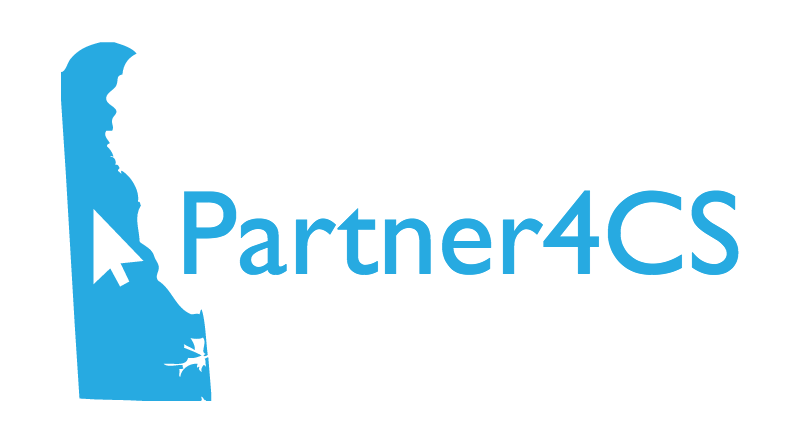Teach kids how to program a toylike robot or a computer game and suddenly computer science looks like great fun. Coding – the letters and numbers that govern the robot’s every motion – is worth learning. The concepts and math behind all of that start to add up to something both interesting and significant.
And later – down the road a few years – career doors start opening in science, engineering and technology.
But how do you help young students see themselves in such fields, especially if they have few role models recommending these options? How do you persuade them that these are real possibilities?
Much research and effort is focused on this question at the University of Delaware, and the gains made will fit well with the United States’ goal to strengthen the nation’s global leadership in science and engineering.
Lori Pollock, a professor and an expert in computer science, and Chrystalla Mouza, an associate professor whose research focuses on education technology, have worked on such projects for several years with support from the National Science Foundation, faculty colleagues, graduate and undergraduate students. They are developing training programs for teachers and other instructors and building programs for students from kindergarten through 12th grade in schools and community centers.
Both are part of a four-year $853,000 grant and a new three-year $997,348 grant – Partner4CS – that focus on computer-science-related professional development for teachers. Co-investigators include Terry Harvey and James Atlas, both associate professors in the Department of Computer and Information Sciences.’


